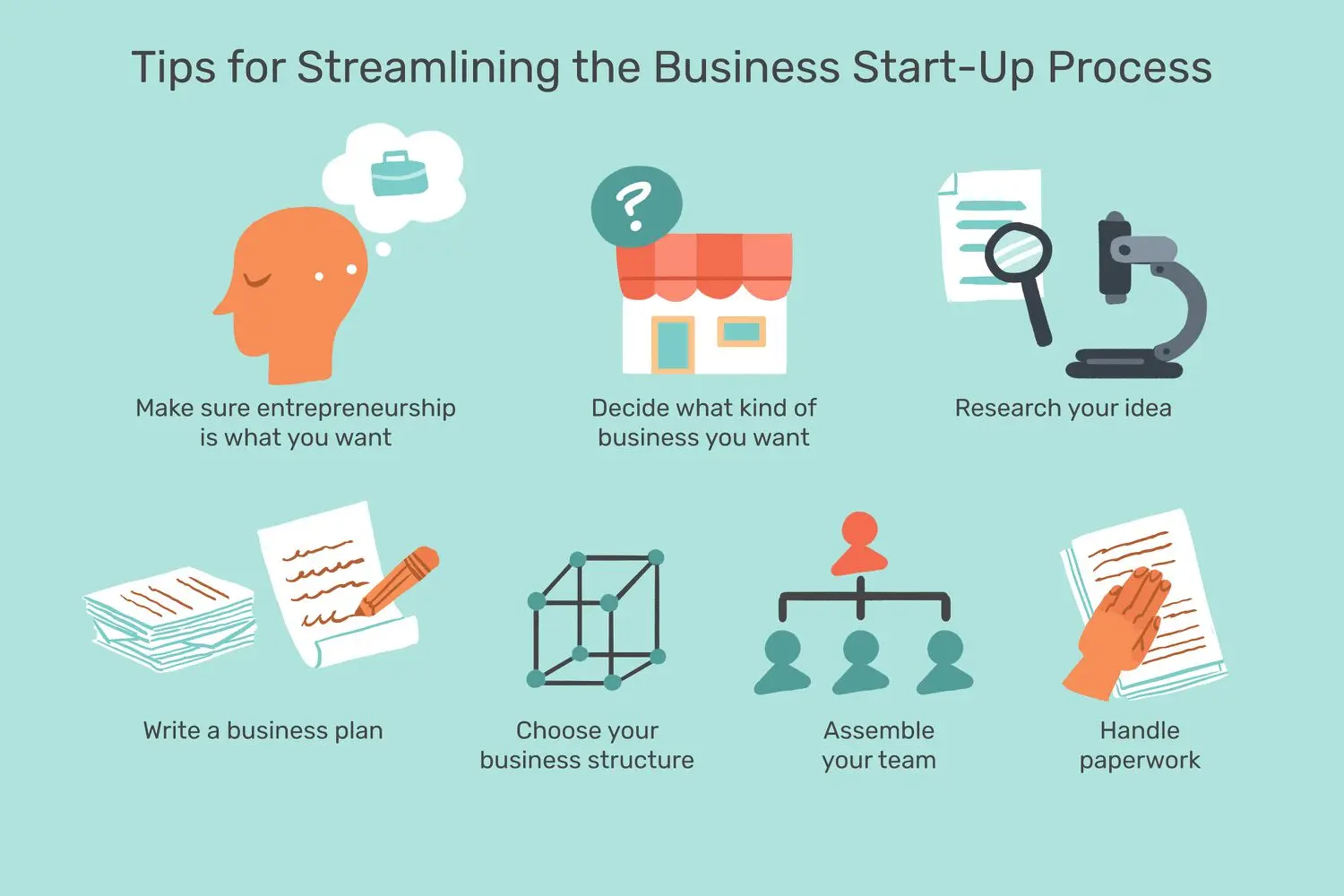
Understanding the Importance of a Business Plan
Creating a winning business plan is a crucial step for any entrepreneur looking to succeed in today’s competitive market. A well-structured business plan not only outlines your business goals but also provides a roadmap to achieve them. It serves as a tool for securing funding, attracting investors, and guiding your operations. Without a solid plan, businesses may struggle to navigate challenges and seize opportunities.
Key Components of a Business Plan
A comprehensive business plan typically consists of several key components:
- Executive Summary: This section provides a brief overview of your business, including your mission statement, vision, and the products or services offered.
- Company Description: Here, you’ll detail your business structure, ownership, and the unique value proposition that sets you apart from competitors.
- Market Analysis: This part involves researching your industry and target market, identifying trends, and evaluating your competitors.
- Organization and Management: Outline your business’s organizational structure, detailing the management team and their roles.
- Marketing Strategy: Describe how you plan to promote your products or services and attract customers.
- Product Line or Services: Provide information about the products or services you offer, including their benefits and any future offerings.
- Funding Request: If you are seeking funding, specify the amount needed and how it will be used.
- Financial Projections: Include income statements, cash flow statements, and balance sheets to project future financial performance.
Conducting Market Research
Effective market research is essential in developing a winning business plan. It helps you understand your target audience, their needs, and how your business can meet those demands. Here are some steps to conduct thorough market research:
- Identify Your Target Market: Define who your customers are based on demographics such as age, gender, income level, and location.
- Analyze Competitors: Study your competitors to understand their strengths and weaknesses. This analysis can help you identify gaps in the market that your business can fill.
- Collect Data: Use surveys, interviews, and online research tools to gather data about customer preferences and industry trends.
Creating a Marketing Strategy
Your marketing strategy is a fundamental part of your business plan. It outlines how you will reach your target audience and convert them into customers. Here are key elements to include:
- Brand Positioning: Define your brand’s identity and how you want it to be perceived in the market.
- Promotional Tactics: Determine the channels you will use to promote your business, such as social media, email marketing, or traditional advertising.
- Sales Strategy: Outline how you plan to sell your products or services, including pricing and sales tactics.
Financial Projections: The Backbone of Your Business Plan
Financial projections are critical for demonstrating the viability of your business to potential investors. A well-prepared financial section should include:
- Revenue Model: Explain how your business will generate income, including pricing strategies and sales forecasts.
- Break-Even Analysis: Calculate when your business will become profitable by analyzing fixed and variable costs.
- Profit and Loss Statement: Provide projections for revenue, costs, and expenses over the next three to five years.
Reviewing and Revising Your Business Plan
Once you have drafted your business plan, it’s important to review and revise it periodically. Businesses evolve, and your plan should reflect changes in your market, competition, and internal operations. Consider the following for effective revisions:
- Solicit Feedback: Share your plan with mentors, advisors, or trusted colleagues to gain insights and suggestions.
- Stay Flexible: Be prepared to adjust your goals and strategies based on market changes or unforeseen challenges.
- Set Regular Review Dates: Establish a timeline for regular reviews to ensure your business plan remains relevant and actionable.
Conclusion: A Roadmap to Success
Developing a winning business plan is an essential endeavor for every entrepreneur. By focusing on key components such as market research, marketing strategy, and financial projections, you create a roadmap that guides your business toward success. Remember, a business plan is not a static document; rather, it should be a living tool that evolves as your business grows and adapts to the market landscape. With dedication and careful planning, you can set your business on a path to success.
In summary, a well-crafted business plan can make a significant difference in your entrepreneurial journey. It not only helps you clarify your vision and strategy but also positions your business for growth and sustainability. So take the time to invest in this vital document, and watch your entrepreneurial dreams come to fruition.









